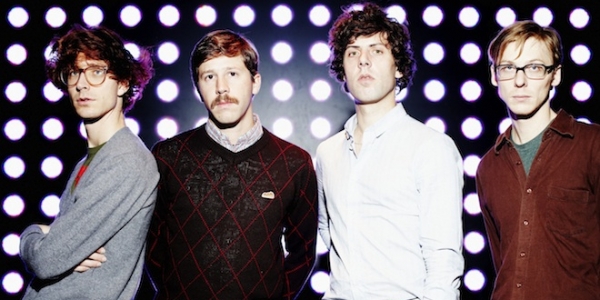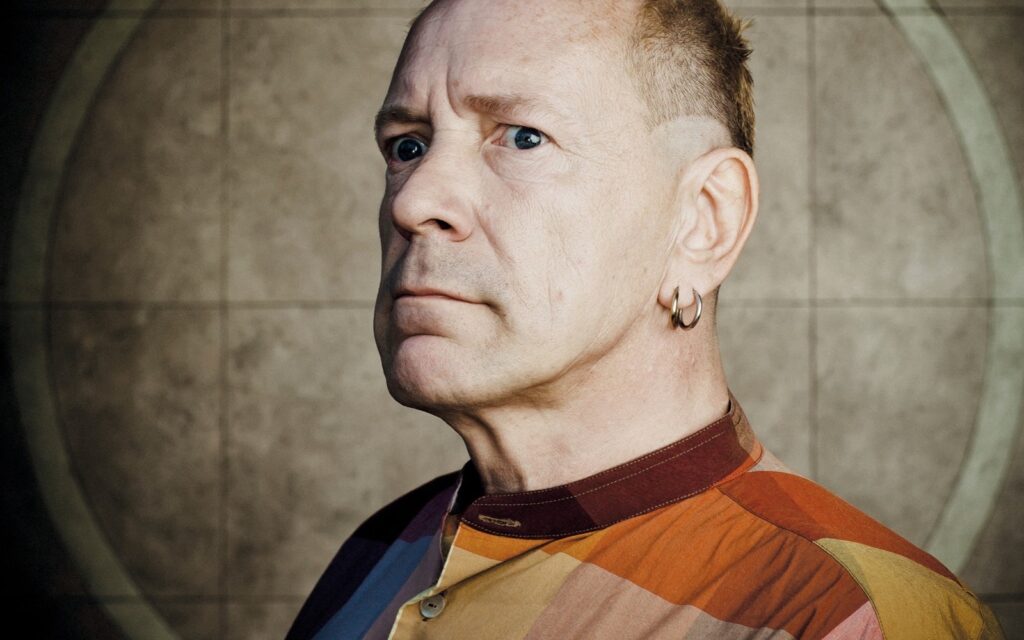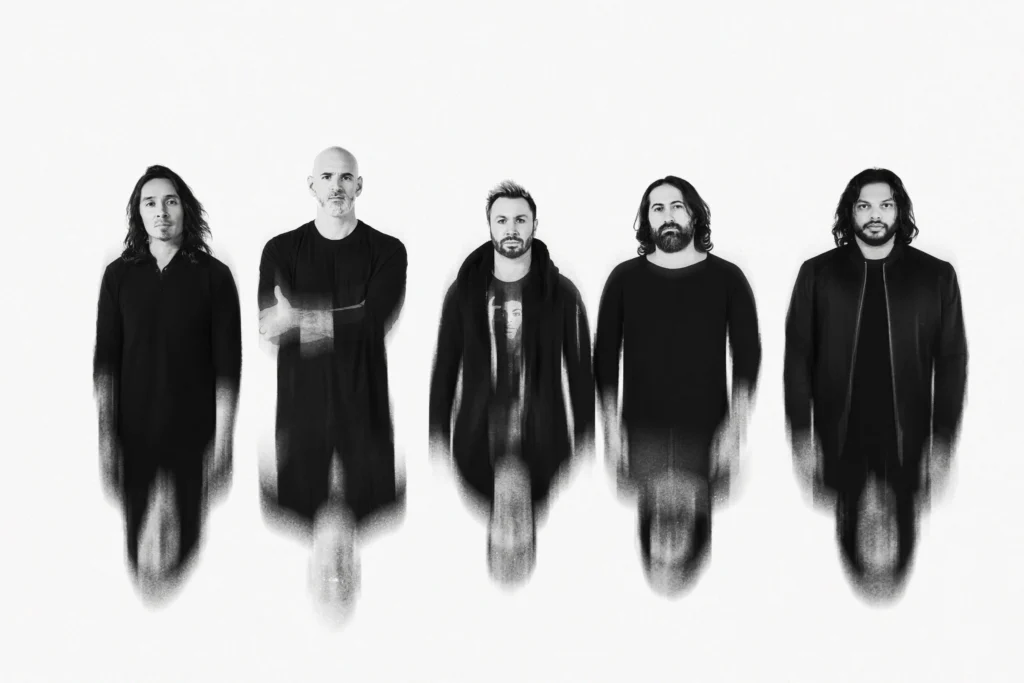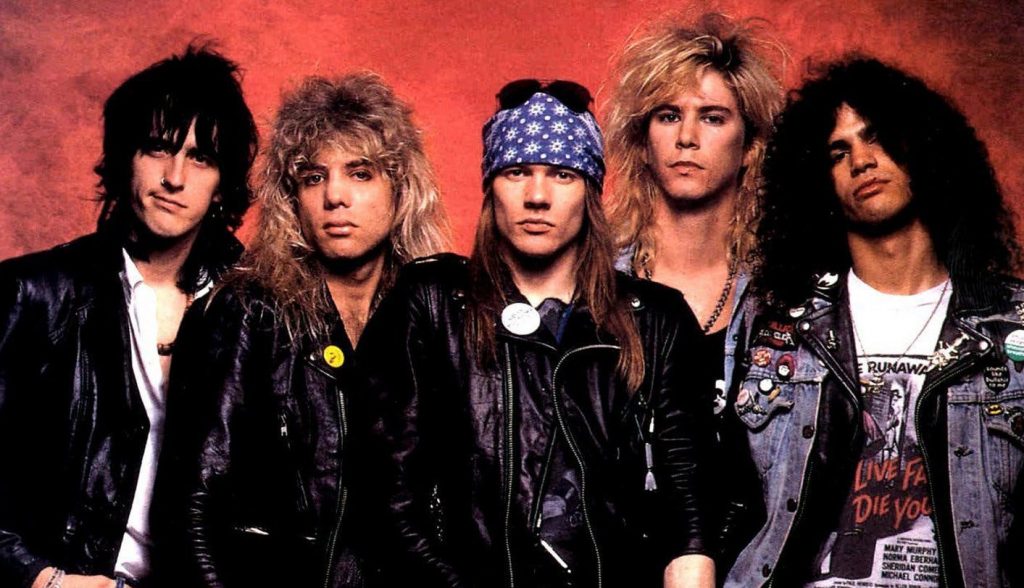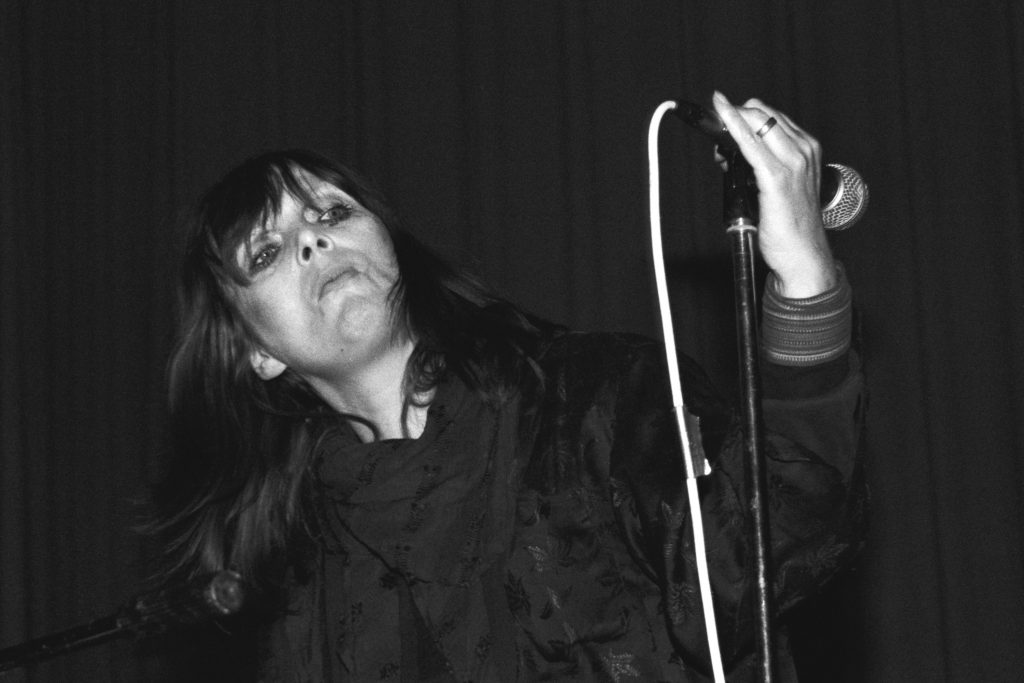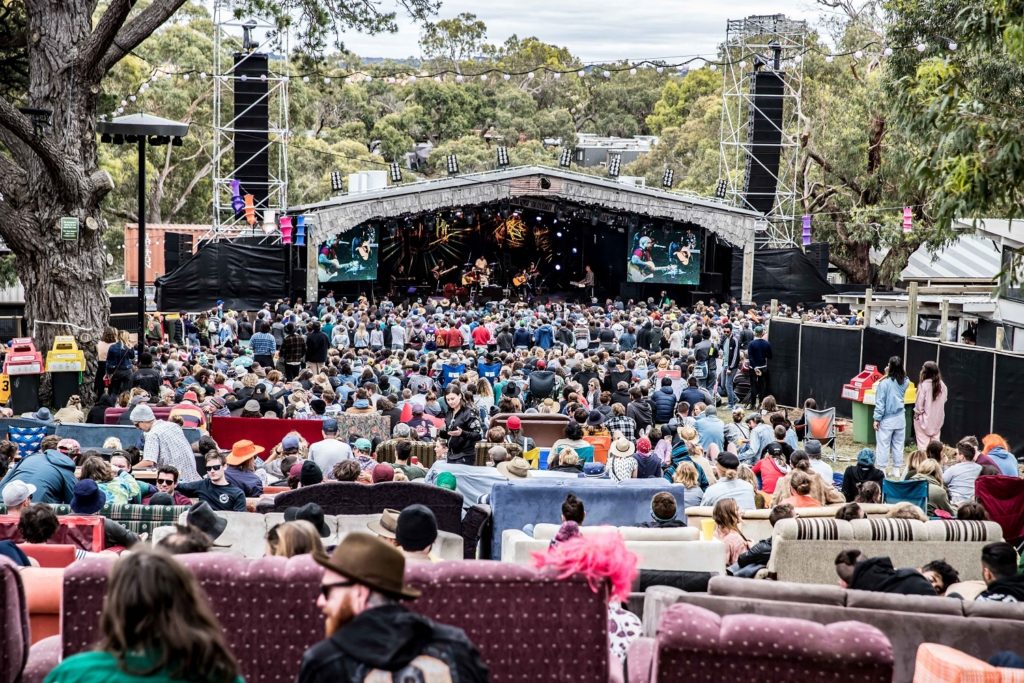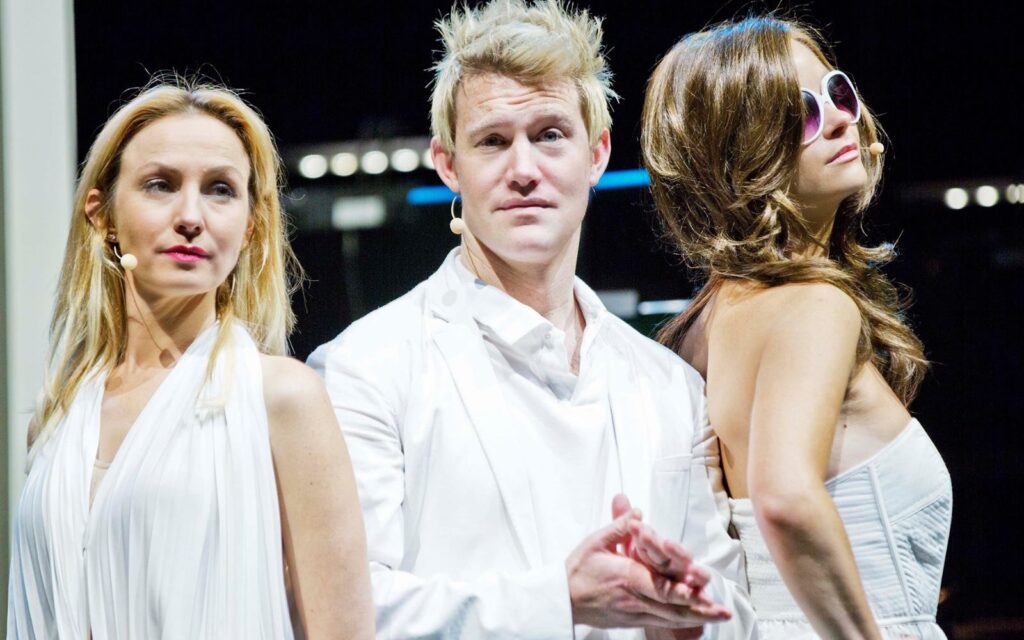Aussie rapper and poet Omar Musa knows how to serve his spoken word hot and hard-hitting. The 2008 Australian Poetry Slam champ says he gains inspiration from all walks of life, and can feel the momentum of the movement picking up after a long dry spell over the end of the last century.
“It’s really exciting to be on the forefront of the revival of poetry,” he says from Canberra, sizzling up some fried noodles during a break from spreading the word of poetry to young minds.
The 26-year-old is hosting this year’s Word Is Born poetry event, where Melbourne’s faces of poetry and hip hop band together to display their spoken word talents on the microphone.
Within the poets’ ranks are international slam winner Emilie Zoez Baker, Overland Poetry creator Steve Smart, Sean M. Whelan and Michelle Dabrowski, to name a few. While ‘Elf Tranz’ Porter, Candice Monique, Lotus and Ee’da line up to the event for hip hop duty.
Back after two successful runs, the theme of the night will be a tribute to the Godfather of Rap and his endless struggle to bring about a revolution.
No, we’re not talking about Snoop Dogg here, you young things. Before the mad rapper (who is not reportedly dead, to bust those rumours), a musical man and activist from Chicago, Illinois, rose up in the 1970s and would not sit down. Gil Scott Heron, who passed away in May this year, liked to dabble in different genres of sound. Heron touched on jazz, soul, rap and also melismas – singing a single syllable of text as you move between a range of different notes simultaneously.
The hip hop forefather also considered himself to be a blues mastermind, and invented his own academic field of ‘bluesology’. Musa performed alongside Heron in Germany before he died.
“I don’t discriminate when it comes to the English language, whether it’s Eminem or Gil Scott Heron. I try to borrow from all different sources: T.S Eliot, Browning, hip hop, stories,” says Musa.
He says that Heron’s uplifting words about being accounted for in society are relevant over on our side of the world, too.
“He spoke a lot about hypocrisy and people feeling dislocated. In Australia, you see people who feel like outcasts, disconnected from the society around them.”
Still, Musa doesn’t kid himself into thinking he’ll change society at large by reading a few poems to a group of people.
“But, by putting ideas into the public arena, you plant the seed and get people talking about it,” he says.
By Musa’s definition, poetry is a soapbox of ideas communicated and shared between performer and audience. And anyone can speak up.
“The most important thing I want to do, through forums and workshops, is get through to young people, to give them a voice…They need more expression than kicking a ball around, especially people who don’t really have a voice,” he says.
Musa says that hip hop has played a huge part in liberating poetry from its dusty old textbooks in the library’s archive section.
“It wasn’t really engraved in public life,” he says, “and, I thought, this has got to change.”
Musa is a fan of Shakespeare, but says the language in these texts is barely accessible to today’s youth.
And, like a pre-1964 Bob Dylan protest song, Musa is a firm believer of politicising hip hop and poetry.
“I think that the arts and everything in life is inherently political. Everything is a personal or public product of politics,” he says.
Musa adds that, while the whole arts vs. politics debate is a blurred one, he finds that audiences politicise his most neutral poems – ones about love of parties – anyway, based on his Islamic Asian background. Musa prefers to be called a ‘socially conscious’ rapper over a political one, using prose to tackle big issues like racism, refugees, and the young generation.
“There comes a time when I want to come out about something and speak up.”

